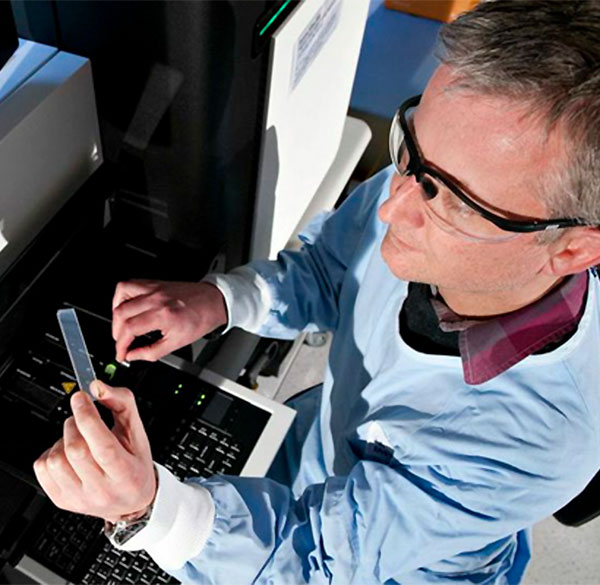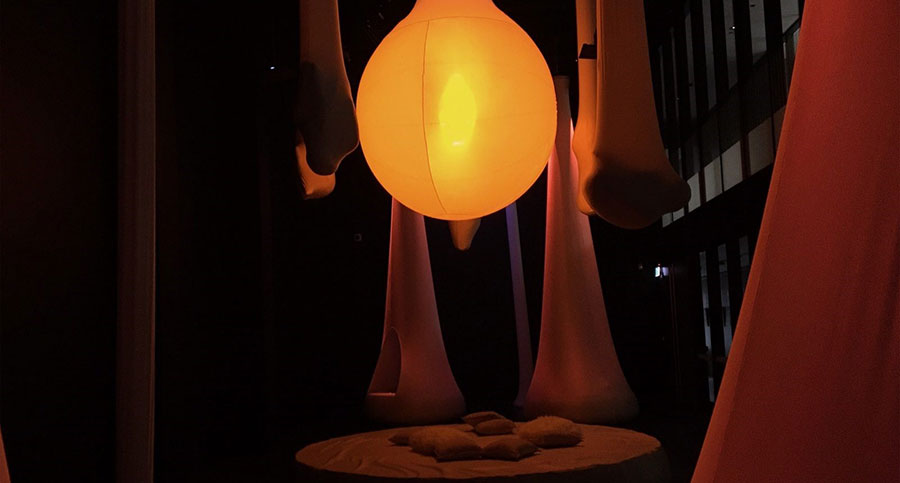
A 'sleep pod' - part of MOD.’s larger WAGING PEACE exhibition, 2019
While sleep is an instinctive, intrinsic, universal part of life, its value is often underestimated. We’ve always known the importance of sleep and how strongly it can influence our ability to make sound decisions, but more recently scientific understanding and research into the matter holds greater weight.
This is why the team at MOD. are shining a light on how beneficial some shut eye can really be – not just for our individual bodies and cognitive function – but for peace on earth.
Enter Sleep Ops.
The interactive gallery, part of MOD.’s larger WAGING PEACE exhibition, is nestled in the Cancer Research Building on North Terrace housing a number of ‘sleep pods’ specifically designed for comfort with sounds and scents to explore the impact of sleep quality.
A looped eight-minute soundscape has also been composed exclusively by songwriter Jason Sweeney to support a temporary state of slumber and decreased brain activity, modelled after the proven effects of a simple nap.
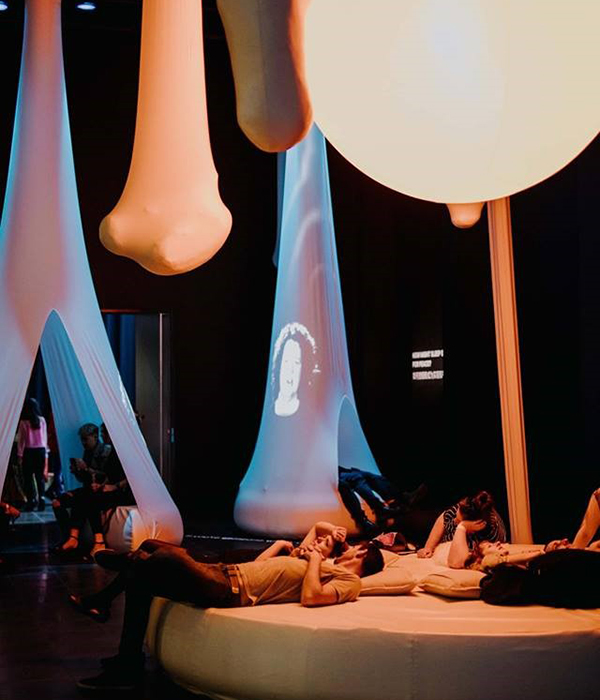
(Image: UniSA Sleep expert and MOD. contributor, Dr Siobhan Banks, projected onto a sleep pod.))
Director of the Behaviour-Brain-Body Research Centre at UniSA, Dr Siobhan Banks, was MOD.’s resident expert meeting with the team running workshops and discussion sessions about sleep, circadian rhythms, and impact on shift work and sustained operations.
“This exhibit brings to life the significant place sleep has in healthy functioning,” she explains.
“Sleep is as important to our daily lives as eating and exercise. If we don’t get enough good quality sleep our physical and mental health are affected and our cognitive function declines. Sleep loss can impact mood, cognitive processing, decision making, and if chronic, it can adversely affect health.
“Long term poor sleep has even been associated with a number of chronic diseases such as type 2 diabetes, cardiovascular disease and some cancers.
Associate Professors Siobhan Banks and Jill Dorrian’s Enterprsing Research Talk on the importance of sleep.
“This exhibit explores the biology of sleep, what happens when you don’t get enough and looks at the ‘sleep hacks’ sleep researchers have uncovered that may help people achieve a better quality of sleep.
“Good restful sleep leads to improved mood, better cognitive processing and decision-making, and might well be a path to global peace.”
According to research that informed MOD.’s Sleep Ops exhibition, after 17 hours of wakefulness, the decline in cognitive performance is comparable to alcohol intoxication of 0.05% blood alcohol content.
Furthermore, it has been proven if you can’t get a decent sleep, naps can be a powerful tool for maintaining performance during conditions of sleep deprivation. For example, a 20-minute nap in the afternoon improves cognitive performance for up to three hours.
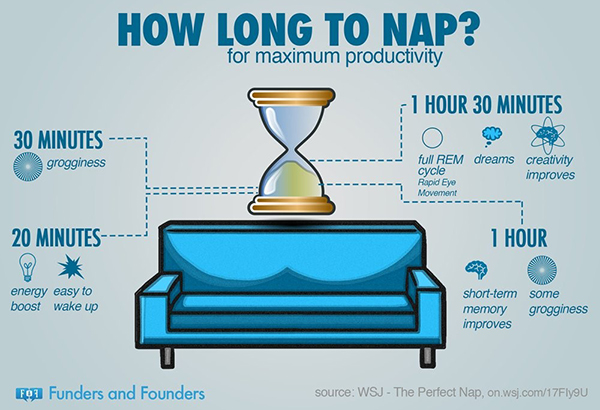
Of the unorthodox approach to WAGING PEACE and the overlooked impact of physical sleep on a fruitful society, MOD. Director Kristin Alford explains the thought behind creating not just any typical exhibition.
“We wanted to move beyond hackneyed peace associations and drill down into systems and technologies that might actively promote peace – especially on a collective or global scale,” Dr Alford says.
This is why, on top of the interactive sleep pods that make up Sleep Ops, MOD. also opted to offer meditation to embrace and learn about how to WAGE (inner) PEACE.
Attached to the exhibit, the Wednesday lunchtime meditation classes are hosted by professional practitioners from LUME Pilates & Movement in the gallery amongst the sleep pods and provide the greater community some time to rest and slow down.
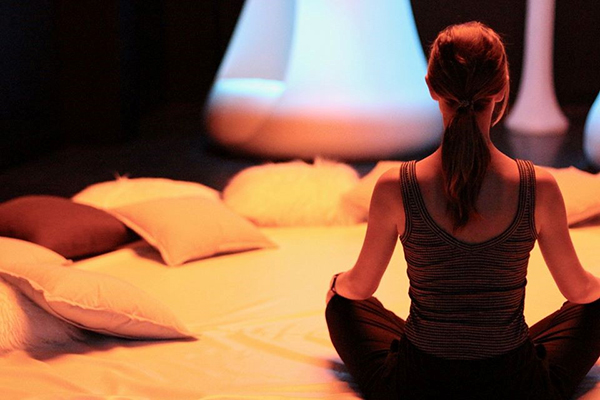
While much of the science behind sleep is still not understood, there is no denying how vital it is to us as humans and our cognitive and functional wellbeing.
According to MOD., it may be to help us relax, rebuild and grow. It may be to help us store memories and organise what we learn. Maybe it’s a time to chemically wash the brain clean, or a combination of all these things.
Whatever the answer turns out to be, it’s clear that sleep is important for our mood, health and performance. Sleep patterns have evolved over millions of years across species to enhance survival by optimising our time while also allowing us to maintain the most agile brains for the benefit of (hopefully) a more peaceful society.

When you give today, 100% of your donation will go directly to the researchers - with no admin fees or hidden costs.
The University of South Australia (UniSA) is committed to tackling one of our most challenging diseases – cancer – by establishing the largest cohort of cancer researchers ever assembled in South Australia. Every day our experts are getting one-step closer to saving more lives as well as improving the quality of life for cancer survivors. But they need your help.
